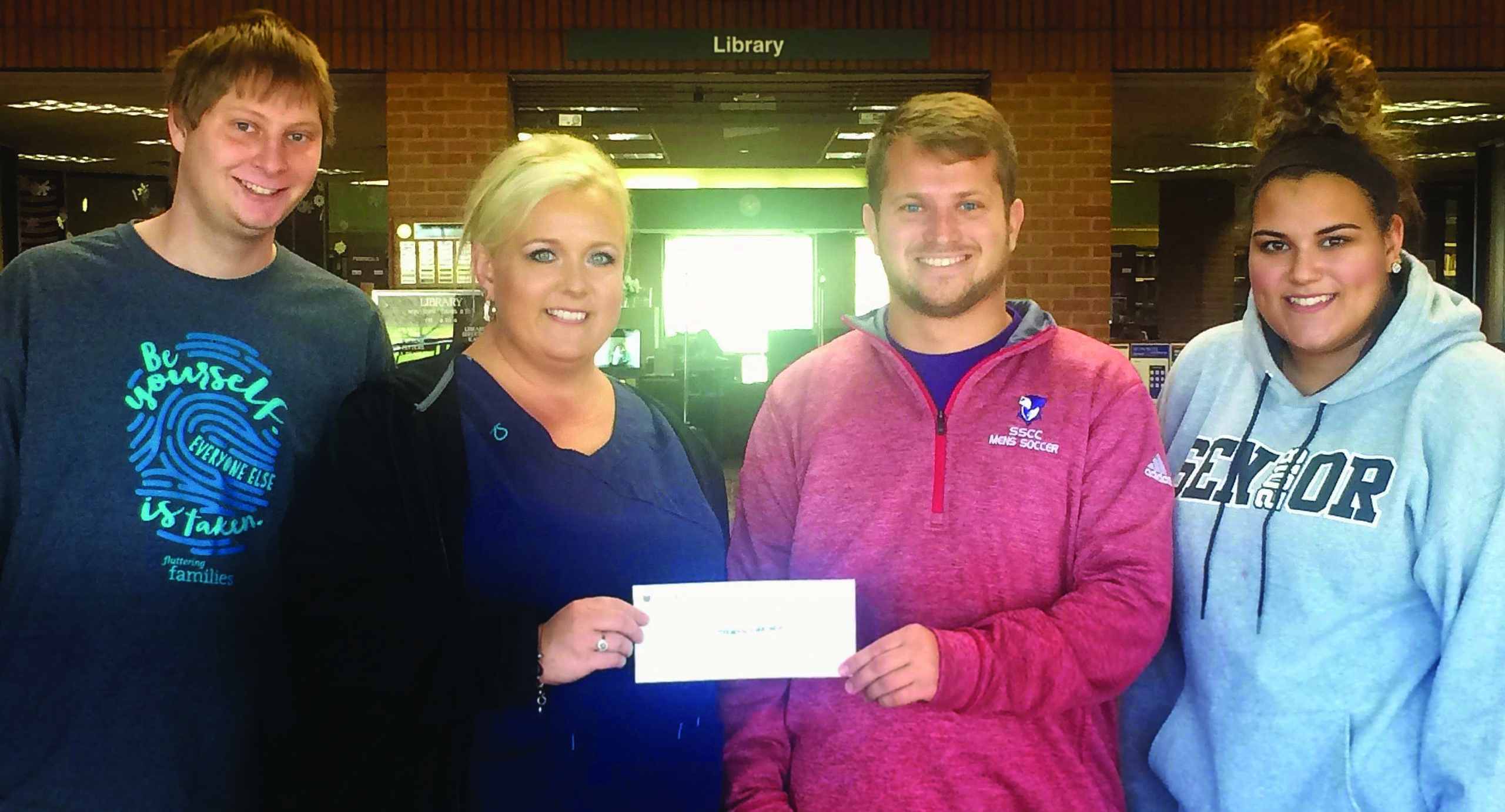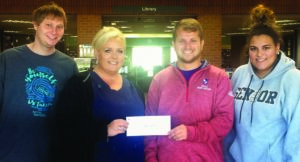

Gregory Lawson’s flight plan changes last minute. Instead of traveling with a group, he finds out he is heading to Haiti alone.
“Day 1. Traveling into Port-au-Prince, I am terrified … I finally make it to customs and as everyone speaks Creole, I feel fear, confusion, and uncertainty … Language is a powerful thing.”
Language is a powerful thing. In one sentence of his travel journal, Lawson sums up a guiding principle of his life. He’s an American Sign Language interpreter as well as an ASL instructor at Southern State Community College. He regularly volunteers at a deaf camp and Kamp Dovetail, working one-on-one with deaf children. His life is children and language.
And it’s about to be tested.
“Day 2. My skills are stretched to the limit. How can I interpret for four individuals when I’m trained for one at a time?”
Lawson is on a seven-day trip to Haiti, invited by the West Tennessee Haiti Partnership to provide interpreting services for deaf children at St. Vincent’s School for Handicapped Children.
There’s a problem though. The spoken language here is Haitian Creole. The signed language, however, is primarily a combination of the similar French and American signed languages. And it is interspersed with Haitian Sign Language, which is gaining momentum.
“Day 3. Vocabulary I’ve never seen is being signed. How is one to convey a concept of time? Day? Week? Month? Year? Since the earthquake?”
Lawson’s process is complex. He intakes the signs used by the children, translates that to English, then through a translator translates that to Haitian Creole so that he can communicate with the medical team. And then he does it all again in reverse.
“Day 4. Trying to convey time to double-cultured/intersectioned (deaf/Haitian) individuals, a culture with a different concept of time. New ways to sign, creative ways to express things. Pushing my ASL. Making new friends.”
“Day 5. My sign for ‘library,’ which is next to the pharmacy, is their sign for ‘Monday.’ The concepts I’ve signed are unreal ….”
“Day 6. Parting ways with the crew that left today is weird, only knowing them for a couple days. Limited at that, considering I was interpreting the majority of the time. Yet I feel close to them.”
“Day 7. Between the heat, snoring from my roommate, and the anticipation of going home, sleep was rather elusive … Riding to the airport is surreal. It is hard to think—everything happened so fast.”
Just as he hits his stride, it seems, it’s time to leave. And, with that, he is back in his classroom at Southern State, sharing the nuances of Beginning American Sign Language II.
When the SSCC students involved in Patriot Campus Ministries learn of Lawson’s trip to Haiti, they vote to make a donation offsetting his personal costs.
Lawson wants to go back. In the meantime, he makes a list of Things I Wish I Had Known: more knowledge about Zika, extra flip-flops and extra bug spray, the history of the island.
He is also learning Creole, learning their signs, their language. Remembering his first day in Haiti—“I feel fear, confusion, and uncertainty”—Lawson resolves to make communication easier on the kids at St. Vincent’s School for Handicapped Children. Because language is a powerful thing.
